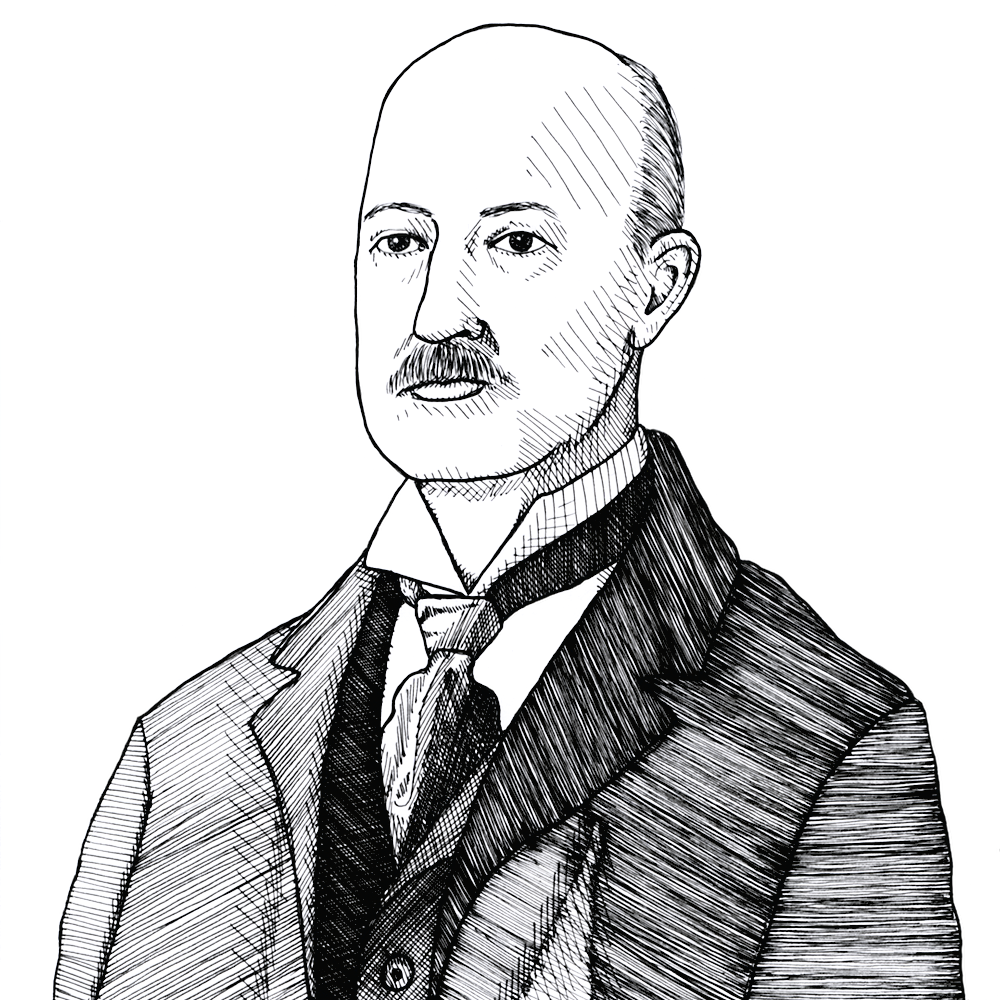
William Graham Sumner on the “do-nothing” state vs. ”the meddling” state (1888)
Found in: Protectionism: the -ism which teaches that waste makes wealth
The American sociologist William Graham Sumner (1840-1910) distinguished between an older conception of the state, as a “do nothing” state, and a newer conception which was beginning to appear in the late 1880s, where there was constant “meddling and fussing and regulating”:
The State
If a state well performed its functions of providing peace, order and security, as conditions under which the people could live and work, it would be the proudest proof of its triumphant success that it had nothing to do — that all went so smoothly that it had only to look on and was never called to interfere; just as it is the test of a good business man that his business runs on smoothly and prosperously while he is not harassed or hurried. The people who think that it is proof of enterprise to meddle and “fuss” may believe that a good state will constantly interfere and regulate, and they may regard the other type of state as “non-government.”